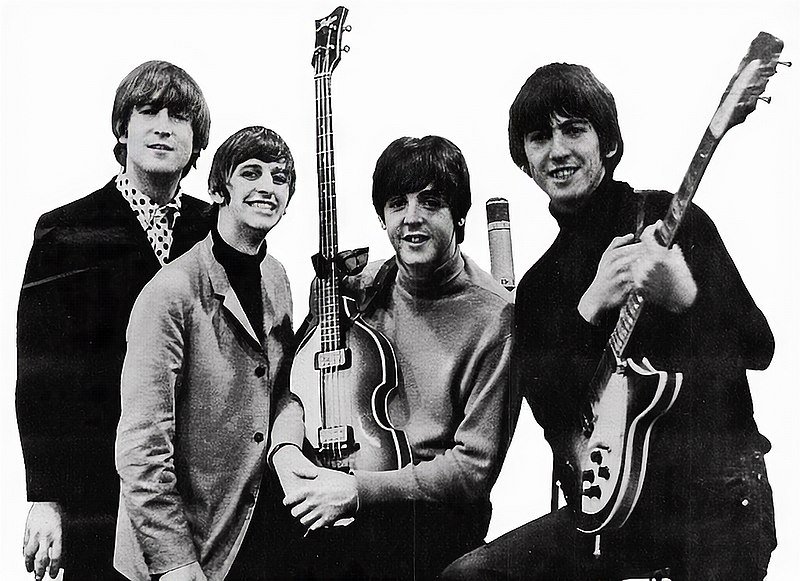In 1994, the surviving members of The Beatles, Paul McCartney, George Harrison and Ringo Starr, reunited to record new music for the “Anthology” multimedia project. The “Threatles” came out of the sessions with two new tracks based on late-’70s John Lennon demos, “Free as a Bird” and “Real Love.”
The songs were seen as a bit of curiosity at the time because the group used digital technology to allow all four Beatles to play together 14 years after Lennon’s death.
During the sessions, the group also tinkered with another Lennon demo given to them by his widow, Yoko Ono, called “Now and Then.” Unfortunately for Beatles fans, their work on the song has never been heard. But after a recent McCartney interview with the BBC, people are speculating that “Now and Then” may finally see the light of day.
“So when we came to make what will be the last Beatles record—it was a demo that John [Lennon] had that we worked on, and we just finished it up and will be released this year—we were able to take John’s voice and get it pure through this AI so that then we could mix the record as you would normally do,” McCartney told the BBC.
McCartney’s mention of the term “AI” had many afraid that he and Starr were digitally recreating Lennon’s voice, a controversial practice in today’s music industry. However, McCartney probably refers to the same learning technology used for The Beatles’ “Get Back” documentary that can separate different sounds recorded on the same track.
“They tell the machine: ‘That’s a voice, this is a guitar, lose the guitar.’ And he did that. So it has great uses,” McCartney told the BBC. The same technology was also used on the latest Beatles re-release of the “Revolver” album, where engineers used AI to create a greater separation of individual instruments.
The belief that the song is “Now and Then” was given additional credence when what appears to be a renewed song copyright was posted on Reddit’s Beatles forum.
Here’s a demo Lennon performed of “Now and Then” in 1978.
If the song is “Now and Then,” it’s unclear whether Harrison, who died in 2001, made significant contributions to the recording. However, a 2005 story in The Washington Post claims that he is on the track. According to The Beatles Bible, the three only worked on the song for two days, producing a “rough backing track.”
The mystery surrounding McCartney’s cryptic claim that there’s another Beatles song on the way, aided by AI, has got Beatles fans speculating over what they’re going to hear. But that’s always been one of the fun parts about loving The Beatles. Their legacy is filled with enough mystery, trivia, speculation and debate that it’s kept fans interested for over 60 years. Regardless of what the track will be, how it happened or how great it will sound, half the fun is just trying to suss out what Paul and Ringo are doing and how Harrison and Lennon are involved.





















